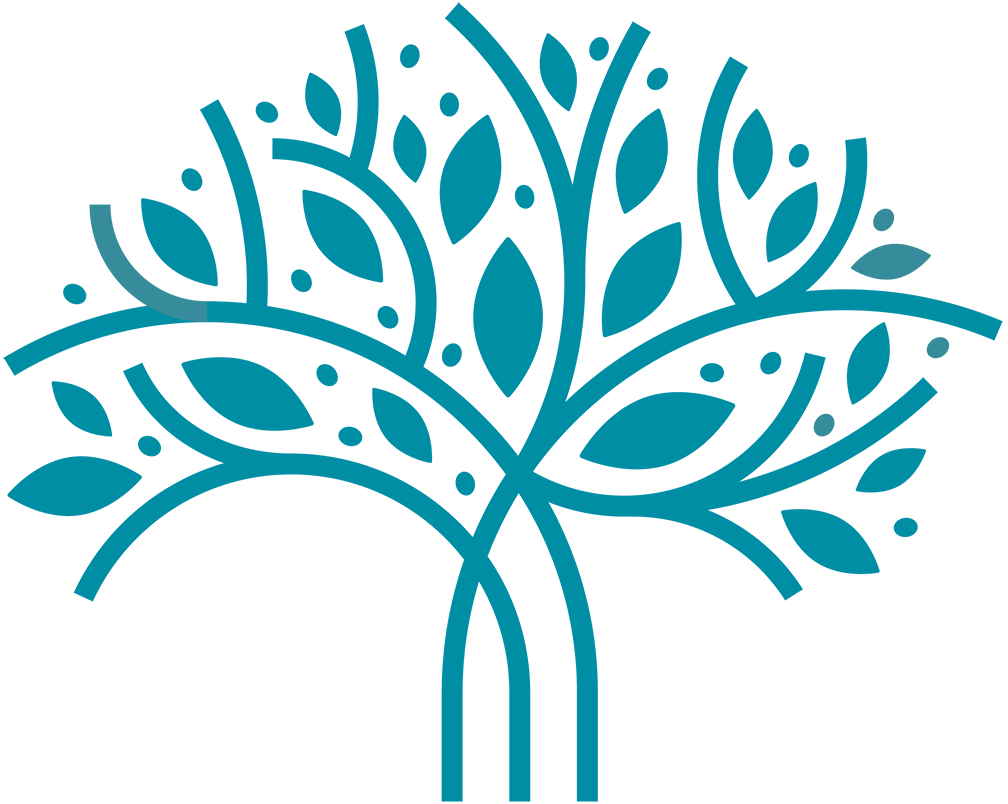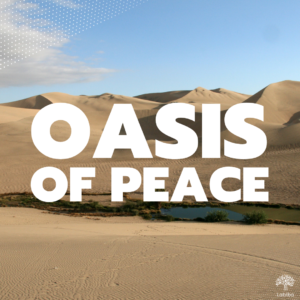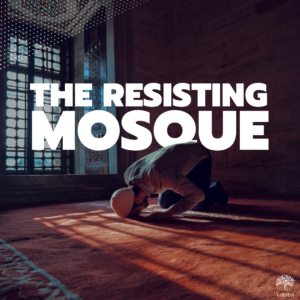Every year, Muslims around the world look forward to the first day of Ramadan, the ninth month of the Islamic calendar and the most sacred month in Islamic culture, when the new crescent moon is sighted.
Due to the lunar structure of the Islamic calendar, based on the moon’s phases, the start of Ramadan varies every year. In Saudi Arabia, a moon sighting committee determines the start and conclusion of Ramadan. The new crescent moon is difficult to discern because it is so faint and only visible for a short period of time (20 minutes); therefore Ramadan starts the day after the committee detects it.
When mist or clouds prevent the moon from being seen with the bare eyes, lunar calculations are used to figure out if the moon will appear in the sky. According to predictions, this year Ramadan starts on Thursday, March 23, 2023, and ends on Friday, April 21, 2023.
Observing Ramadan
Muslims consider meals as a chance to socialize with relatives and friends, and to break their fast together. But during Ramadan everyone is required to fast from sunrise to sunset every day of the month, except for those who are ill, pregnant, traveling, elderly, or who are menstruating. Fasting days that are missed can be made up over the course of the year, either all at once or one day at a time.
Before the first prayer of the day, fajr, at 4:00 a.m, comes suhoor, the pre-dawn meal. Iftar, the evening meal, can start after the Maghreb prayer at sunset, which usually ends around 7:30; however, it varies every year in conjunction with the sunset.
Muslims eat dates at both suhoor and iftar because the Prophet Mohammed broke his fast with dates and a glass of water. Dates, a common food in the Middle East, are full of minerals, simple to digest, and give the body sugar after a long fast.
Eid al-Fitr
Eid al-Fitr is one of the two major religious festivals in the Muslim calendar, marking the completion of the Ramadan fast. The other, Eid al-Adha, marks the end of the hajj, the pilgrimage to Mecca that all Muslims are expected to perform at least once in their lives if they are financially and physically able.
Eid al-Fitr, also know as the “holiday of breaking the fast“, starts on the last day of Ramadan with group prayers early in the morning. It’s a three-day celebration where participants come together to pray, dine, exchange gifts and pay tribute to deceased family members. In some areas Eid al-Fitr can be rather elaborate: children wear new outfits, women dress in white, special pastries are cooked; Carnivals are held, gifts are exchanged, the graves of relatives are visited, and people meet for family meals and to pray in mosques.
Ramadan Mubarak to everyone celebrating this Holy month!
Majd Salfity




